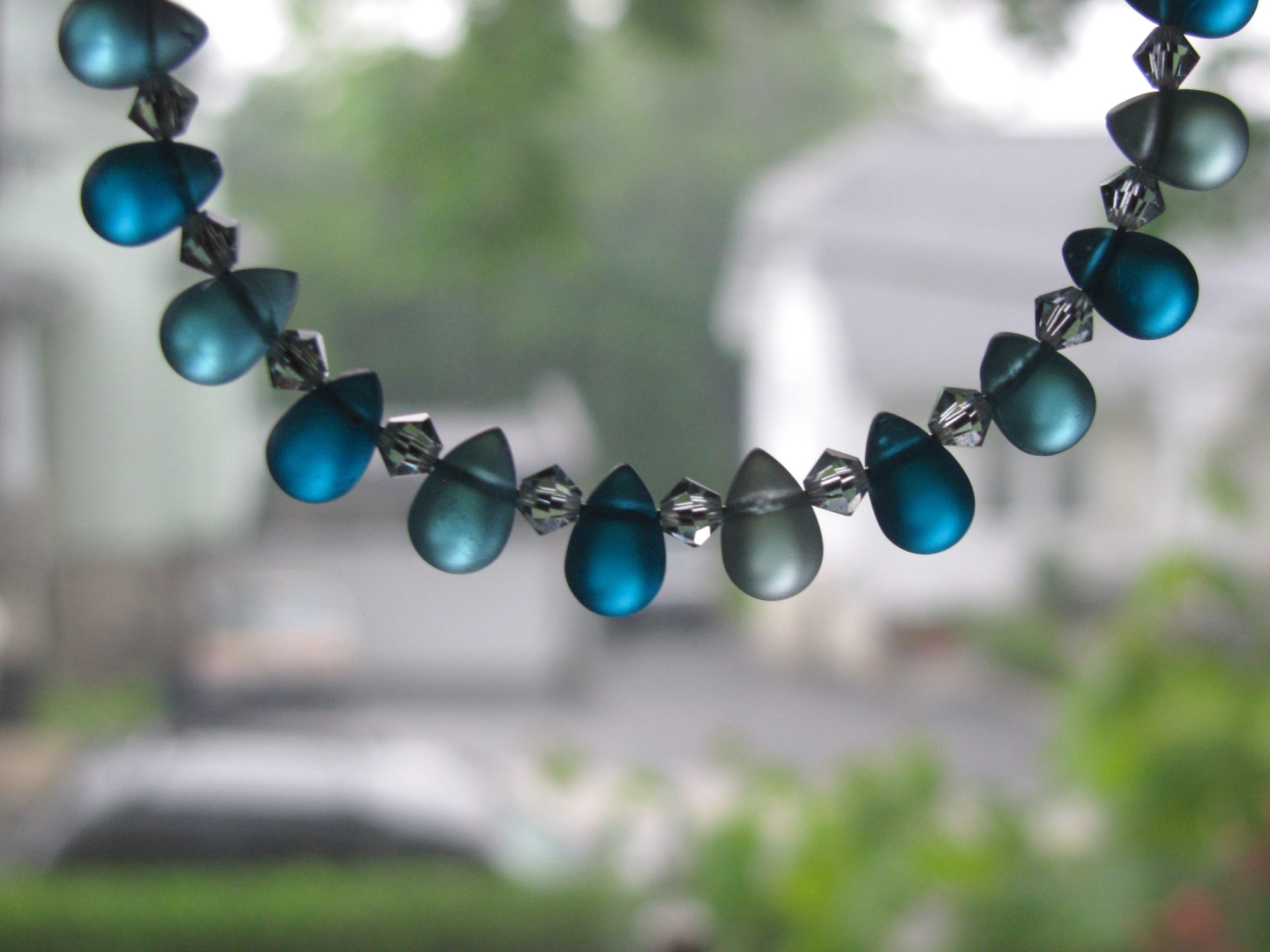Mom gets two full moons, one early,
one on New Year’s Eve eve when
we talk as only mothers and daughters can—
speech as rocky as the lunar surface.
After she’s gone will I still orbit her earth?
Will her tides still move my every wave?
I am standing alone, waving goodbye.
She will ring in the new year with dreams in her heart,
with the love of her own dear husband, who adores her,
who wishes me a safe drive as I look
in my rearview mirror and the moon
has indeed turned to gold.
—Megan Willome, from The Joy of Poetry, T. S. Poetry Press
